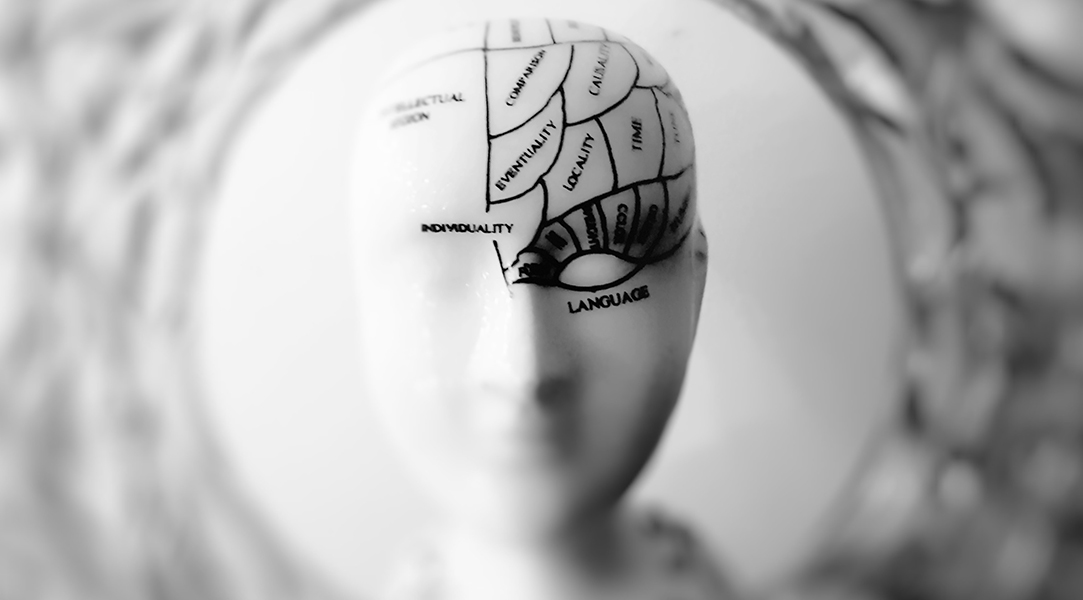Med Gas Res. 2017 Oct 17;7(3):156-174. doi: 10.4103/2045-9912.215745. eCollection 2017 Jul-Sep.
Case control study: hyperbaric oxygen treatment of mild traumatic brain injury persistent post-concussion syndrome and post-traumatic stress disorder.
Harch PG1, Andrews SR1, Fogarty EF2, Lucarini J1, Van Meter KW1.
Author information
Abstract
Mild traumatic brain injury (TBI) persistent post-concussion syndrome (PPCS) and post-traumatic stress disorder (PTSD) are epidemic in United States Iraq and Afghanistan War veterans. Treatment of the combined diagnoses is limited. The aim of this study is to assess safety, feasibility, and effectiveness of hyperbaric oxygen treatments (HBOT) for mild TBI PPCS and PTSD. Thirty military subjects aged 18-65 with PPCS with or without PTSD and from one or more blast-induced mild-moderate traumatic brain injuries that were a minimum of 1 year old and occurred after 9/11/2001 were studied. The measures included symptom lists, physical exam, neuropsychological and psychological testing on 29 subjects (1 dropout) and SPECT brain imaging pre and post HBOT. Comparison was made using SPECT imaging on 29 matched Controls. Side effects (30 subjects) experienced due to the HBOT: reversible middle ear barotrauma (n = 6), transient deterioration in symptoms (n = 7), reversible bronchospasm (n = 1), and increased anxiety (n = 2; not related to confinement); unrelated to HBOT: ureterolithiasis (n = 1), chest pain (n = 2). Significant improvement (29 subjects) was seen in neurological exam, symptoms, intelligence quotient, memory, measures of attention, dominant hand motor speed and dexterity, quality of life, general anxiety, PTSD, depression (including reduction in suicidal ideation), and reduced psychoactive medication usage. At 6-month follow-up subjects reported further symptomatic improvement. Compared to Controls the subjects’ SPECT was significantly abnormal, significantly improved after 1 and 40 treatments, and became statistically indistinguishable from Controls in 75% of abnormal areas. HBOT was found to be safe and significantly effective for veterans with mild to moderate TBI PPCS with PTSD in all four outcome domains: clinical medicine, neuropsychology, psychology, and SPECT imaging. Veterans also experienced a significant reduction in suicidal ideation and reduction in psychoactive medication use.
American Board of Physician Specialties Recognizes the work of Dr. Paul Harch (Link)
Veterans with mild traumatic brain injury/persistent post-concussion syndrome (PPCS) have shown significant improvements following a study at the Louisiana State University (LSU) Health Sciences Center in New Orleans. The hyperbaric oxygen therapy (HBOT) study was led by Dr. Paul Harch, director of hyperbaric medicine at the LSU center. Thirty veterans of the Afghanistan and Iraq wars took part.
Like the Afghanistan and Iraq veterans in the study, Vietnam veteran Lieutenant Mike Meyers, suffered serious head injuries while serving in the Air Force and the Army. The injuries negatively affected his balance, hand-eye coordination, and memory. In addition, he experienced crushing migraines and suicidal thoughts. He was treated with methadone and muscle relaxers, but these medications hindered his ability to work. Although Lt. Meyers was not included in the study, as a patient of Dr. Harch he underwent the same HBOT treatments and showed marked relief from his symptoms.
In the study, Dr. Harch administered 40 sessions of HBOT to veterans with PPCS, most of whom had also been diagnosed with post-traumatic stress disorder (PTSD). Nearly all the veterans showed improvement like Lt. Meyers.
“Not only did they improve cognitively and symptomatically and their depression and anxiety were reduced,” Dr. Harch says, “but in particular, when we finally got all of the data in front of us, we found that nearly all of them who were thinking of suicide before the study started were no longer suicidal or having panic attacks.” As for Lieutenant Myers, it’s been four years since his last migraine.
Furthermore, before HBOT, the veterans’ brain scans were significantly abnormal compared to brain scans of a control group. After HBOT, the brain scans of both groups were statistically indistinguishable in 75 percent of abnormal areas. The HBOT study, which was recently published in Medical Gas Research,strongly suggests that the treatment stimulates tissue growth, halts inflammation, and deactivates cell death, Dr. Harch says.
In a policy reversal, the Department of Veterans Affairs recently authorized the use of HBOT for some veterans suffering from PTSD. “There is nothing more important to us than caring for our nation’s veterans, and that care must include finding different approaches that work best for them,” VA Secretary Shulkin said.
Dr. Harch, an American Board of Physician Specialties® (ABPS) Diplomate in Emergency Medicine, personifies the commitment of the ABPS to high-level patient care through continued study and innovation. For more information about the ABPS, our mission, and the eligibility requirements for earning specialty certification with one of our Member Boards, contact us today.

